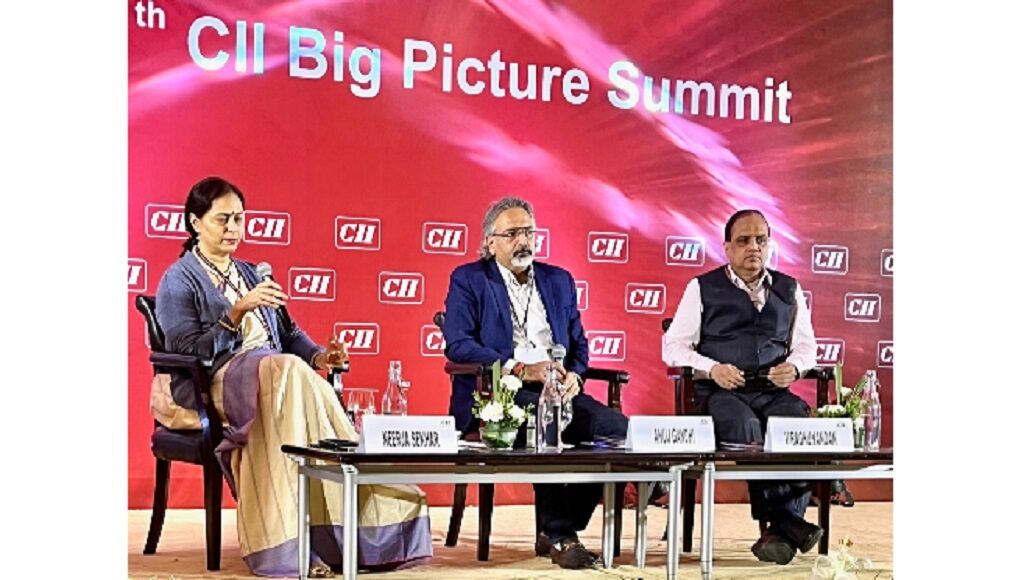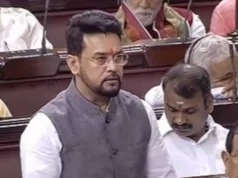According to a top official of the regulatory agency, India’s broadcast and telecom regulator TRAI is preparing a consultation paper on the hotly contested subject of proposed auctioning of satellite spectrum.
The Telecom Regulatory Authority of India Secretary V. Raghunandan responded to a query at a media briefing on Thursday by saying, “Cannot specify what it will be (auction or administrative allocation of satellite spectrum), but we would come up with a consultation paper soon.”
At the CII-organized Big Picture Summit in New Delhi, Raghunandan participated in a panel discussion with Ministry of Information and Broadcasting Additional Secretary Neerja Sekhar. Raghunandan urged the stakeholders from the broadcast and satellite companies to provide thorough and detailed feedback as it would aid TRAI during the consultation process.
However, the TRAI official didn’t go into additional detail about the matter.
The Indian government would have exclusive privilege within India to provide telecommunication services, use, allocate, and assign spectrum, among other things in the national interest, according to the draught Indian Telecommunications Bill 2022, which is out for public feedback and consultation until November 20, 2022.
According to the business, this means that satellite spectrum will also fall under government control, just like terrestrial frequencies, which are generally auctioned by the government to produce money rather than being administratively allotted.
The federal or central government may assign spectrum for telecommunications through an administrative process for governmental functions or purposes in light of the public interest or necessity, or in any other manner that may be prescribed, according to the draught bill, which is stated in another location.
Raghunandan stated earlier in the conversation that the country had transitioned from 1G to 5G, which is now a reality. “We must realise that technological disruption will always exist, but it does not mean that it will interfere with the fair playing field,” he continued.
The TRAI official argued that regulation over time has been consistent and based on some broad concepts, such as the minimum involvement part, when questioned about the creeping regulatory approach.
“Limited intervention is our ultimate objective. To ensure that all interested parties are on the same page and the industry can develop, we will thoroughly examine the situation and work to find answers, he added.
In a brief discussion of the topic of the broadcast and cable industries’ tariff regime, Raghunandan made it apparent that a thorough review of the previous tariff structure has been completed and is pending some clearances.
The free-to-air DTH service FreeDish offered by public broadcaster Doordarshan is one of many industry issues that MIB’s Sekhar focused on as well. According to some private sector distribution platforms, FreeDish has disrupted their business models because of the vast reach it gives TV channels competing for scarce shelf space on the free platform through intense bidding processes.
Sekhar asserted that there were numerous signs in the marketplace indicating the direction FreeDish was taking and the markets it was entering. Over the past five years, “DD FreeDish has been a highly successful programme of Prasar Bharti (DD’s parent),” she continued.
Prasar Bharti is eager to take FreeDish across the nation as a distribution platform. The presence of educational channels (on FreeDish) is one of the factors that will propel this, according to Sekhar.






